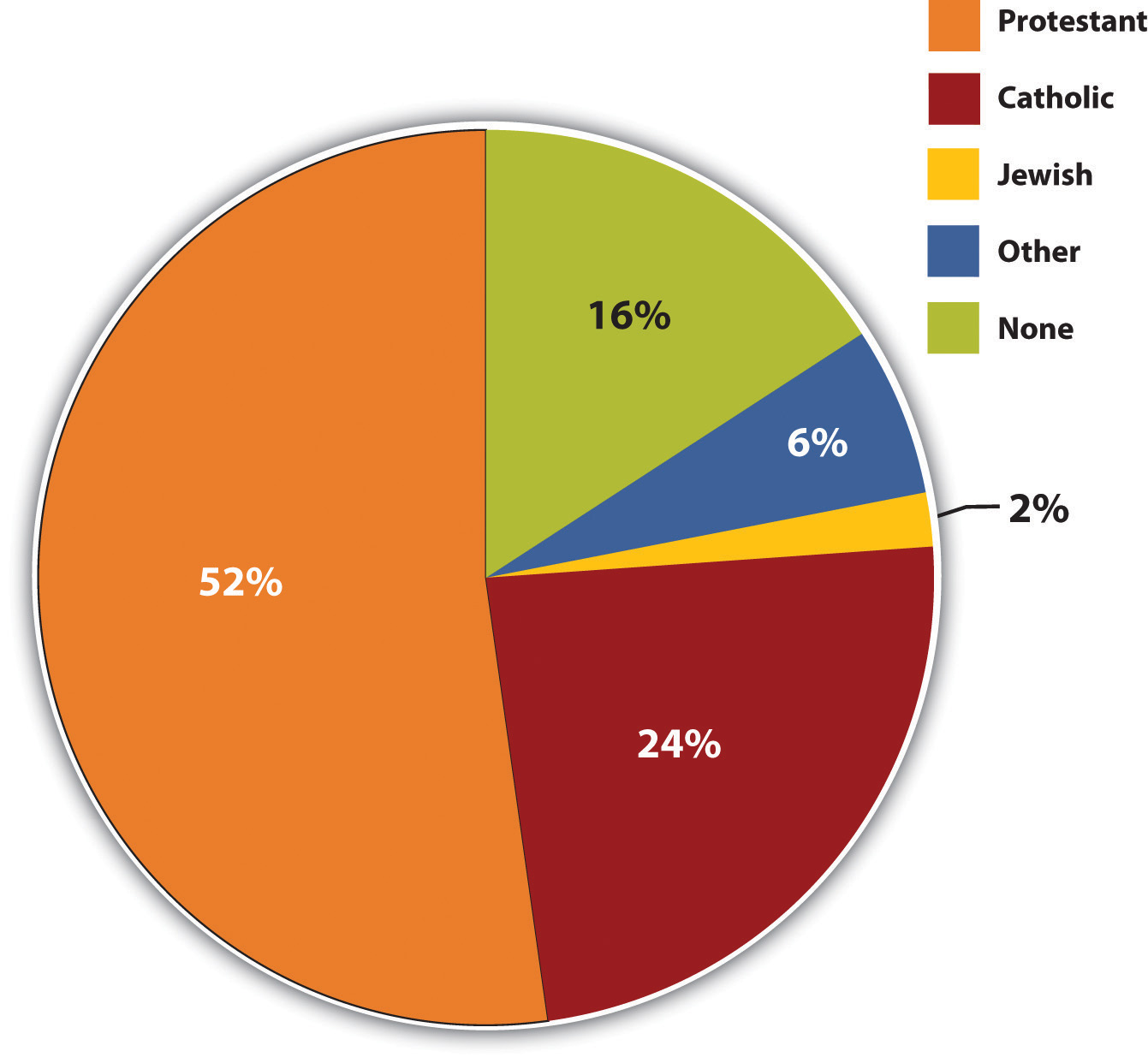Does it comfort you to attribute universal human weaknesses and foibles to Christianity specifically? Does it make you feel safer, since you aren't a Christian, and therefore could imagine yourself free from the same failings? Even if, for instance, you also don't really consider it a crime to kill foreigners on foreign soil?
I do not attribute these foibles to Christianity only. Islam is just as bad. As were other cultures and their religions. Mongols before they became Moslems. Vikings and Norsemen and other Odinists. Aztecs and Mayans with their human sacrifices et al. And yes, we do have centuries of Christian evils to consider. But today, our nation is having to deal with primitive Christian pests, and the world has to deal with Islamic extremists.
I mean, it's not actually
as wrong to kill foreigners as it is to kill locals, though, right? If one of your countrymen joins a merc outfit and goes off to kill some Russians in Ukraine, he isn't arrested for murder when he gets back. It would be considered extremely rude to deny a soldier so much as an invite to a neighborhood barbecue, even if you
know he probably killed some civvies in 'Nam. Everyone agrees to "thou shalt not kill" in principle, but no one considers killing foreigners to be the same kind of crime or the same degree of crime as killing a neighbor. We all tolerate a bit of light killing, as long as it is someone else and somewhere else.

